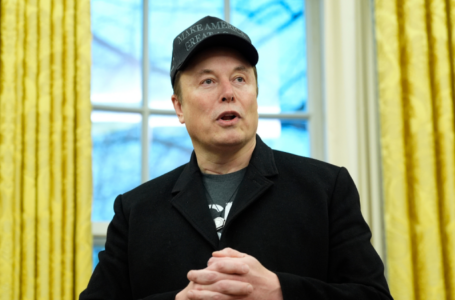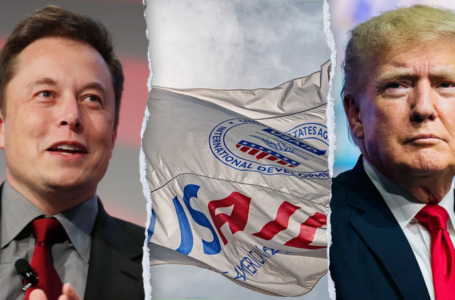Amazon’s $4 billion investment in AI firm Anthropic faces U.K. merger investigation


LONDON — E-commerce giant Amazon’s multibillion-dollar investment in the U.S. artificial intelligence firm Anthropic is formally being investigated by a U.K. competition regulator.
The Competition and Markets Authority said Thursday that it has begun a “Phase 1” investigation into Amazon’s investment and partnership with Anthropic to assess whether the deal has resulted in a relevant merger situation that may harm competition in the U.K.
Following initial scrutiny into the Amazon-Anthropic partnership, the CMA now has “sufficient information” in relation to the tie-up to begin a formal probe, the regulator said in a notice on its website.
The CMA now has up to 40 working days to decide whether the transaction could harm competition and should therefore be scrutinized further in an in-depth “Phase 2” investigation.
Amazon completed in March a $4 billion investment in Anthropic. The deal consisted of an initial $1.25 billion equity stake in September, followed by a further $2.75 billion transaction finalized earlier this year.
As part of the deal Amazon will make Anthropic’s powerful large language models available on its Bedrock platform for building generative AI applications. Anthropic’s models will also be trained and deployed on Amazon’s own custom AI chips, which were built by its Amazon Web Services cloud computing division.
In a statement to CNBC, an Amazon spokesperson said the company is “disappointed” the CMA proceeded with an initial Phase 1 merger probe, adding that its collaboration with Anthropic “does not raise any competition concerns or meet the CMA’s own threshold for review.”
“By investing in Anthropic, Amazon, along with other companies, is helping Anthropic expand choice and competition in this important technology. Amazon holds no board seat nor decision-making power at Anthropic, and Anthropic is free to work with any other provider (and indeed has multiple partners),” the spokesperson said via email.
Amazon’s spokesperson added that the company will continue to make Anthropic’s models available to customers via Bedrock.
An Anthropic spokesperson told CNBC: “We are an independent company. Our strategic partnerships and investor relationships do not diminish our corporate governance independence or our freedom to partner with others.”
“Amazon does not have a seat on Anthropic’s board, nor does it have any board observer rights,” the Anthropic spokesperson added. “We welcome the opportunity to cooperate with the CMA and provide them with a comprehensive understanding of Amazon’s investment and our commercial collaboration.”
The Amazon-Anthropic pact is not the only deal facing scrutiny from regulators in the U.K.
The CMA is separately scrutinizing U.S. software giant Microsoft’s multibillion-dollar partnership and investment in AI giant OpenAI.
However, the watchdog is yet to reveal whether it will begin a Phase 1 investigation into the Microsoft-OpenAI partnership.
Stateside, the U.S. Federal Trade Commission in January sent orders to tech giants Microsoft, Amazon and Google, along with AI firms OpenAI and Anthropic, requiring them to share information about their respective recent investments and partnerships.
Some smaller tech companies have criticized Big Tech firms over their strategy of building stakes in some of the key companies building advanced AI systems to get closer to them.
In May, Matt Calkins, CEO of enterprise software firm Appian, told CNBC that getting as much data as possible and acquiring stakes in fast-growing AI startups won’t necessarily result in success in the field.
“This is a market for the clever,” Calkins said. “The fact that you’ve got enough money to buy, or buy a piece of, Anthropic or Mistral or any of that, that’s impressive. But AI may not be a ‘winner take all’ market.”
“There’s going to be different AI algorithms for different purposes, and they are going to be much more or less valuable, depending on whether and how you’ve loaded your own data into it,” he added.











